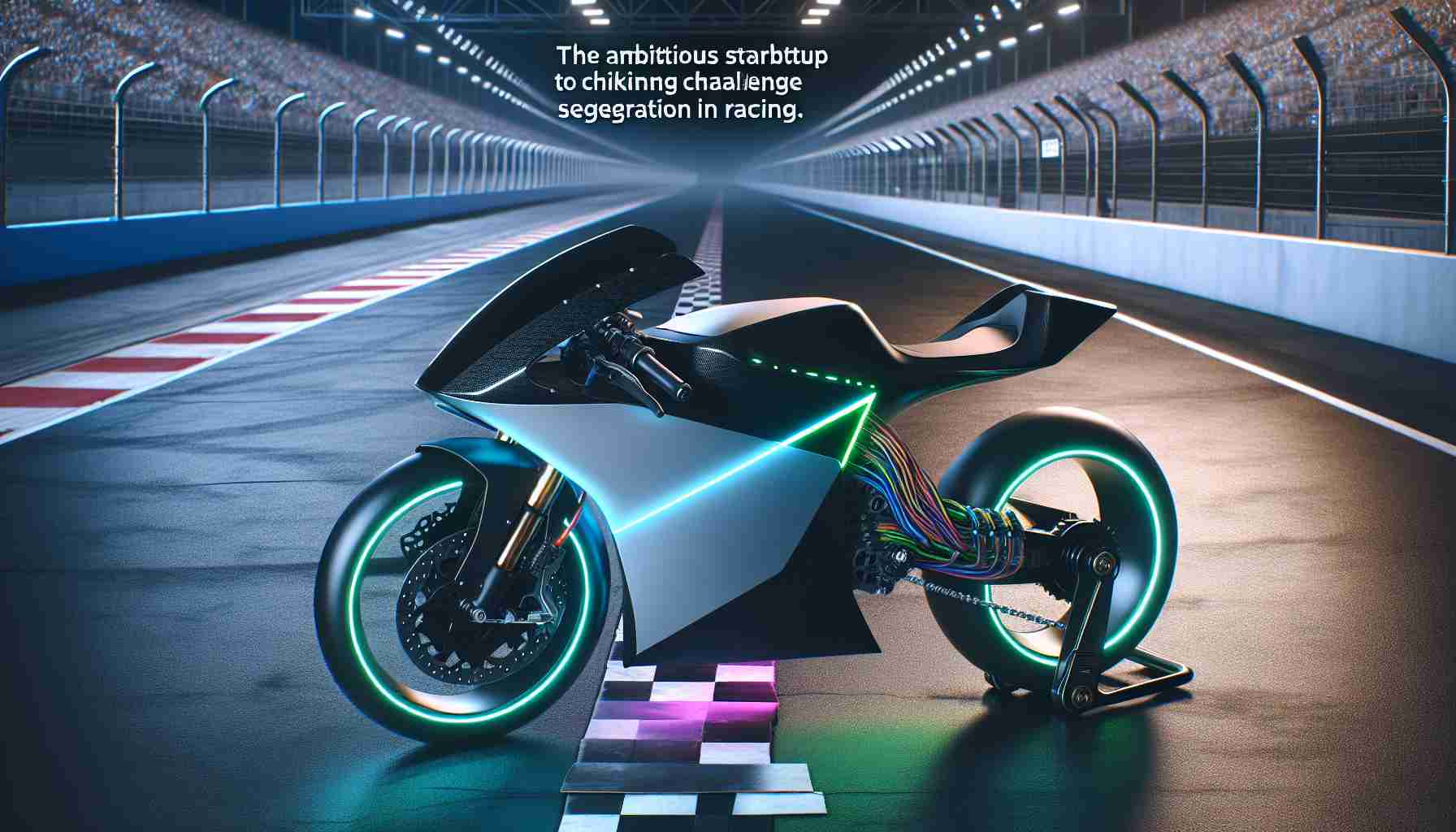In a surprising turn of events, electric motorcycle startup Stark Future has taken a stand against the proposed segregated electric support class by the FIM and Infront. The company firmly believes that segregating electric bikes into a separate class undermines the essence of true competition in motocross.
Stark Future, known for its innovative approach to motocross, argues that integration is the key to driving technological advancements in the sport. By embracing new technologies at the highest level of racing, they envision making racing more captivating for fans while fostering the strongest technological improvements across the board.
Their opposition to the FIM and Infront’s plan is based on the principle of inclusivity and equal footing for electric motorcycles alongside their combustion counterparts. Stark Future’s founder and CEO, Anton Wass, emphasizes that motocross thrives on innovation and pushing boundaries, and segregation only hinders collective progress in creating a more dynamic sport.
The company’s stance is supported by their successful participation in the Mission Foods Super Hooligan Racing 2023 class. Despite being the only electric team on the grid, Stark Future’s rider, Stefano Mesa, consistently competed at the front, showcasing the potential of electric technology in motocross.
Stark Future’s opposition to segregation comes at a time when the FIM recently announced a new electric motorcycle racing support series. While the intention may be to promote technological advancements, Stark Future believes that integration is the solution, not segregation.
The question arises: Why is there fear surrounding electric motorcycles in racing? Some speculate that the regulations may have been changed to prevent the Stark Varg from dominating the competition right from the start. Although the true intentions of those involved in rule changes remain unknown, there is enough evidence to raise an eyebrow and question the motives behind the segregation.
As the battle between Stark Future and the FIM continues, the fate of electric motorcycles in professional racing hangs in the balance. Will the industry embrace integration and push the boundaries of what’s possible, or will it succumb to fear and maintain the status quo? Only time will tell, but one thing is certain: Stark Future is determined to break barriers and showcase the immense potential of electric technology in the world of motocross.
FAQ Section:
Q: What is Stark Future’s stance on the segregated electric support class proposed by the FIM and Infront?
A: Stark Future opposes the idea of segregating electric bikes into a separate class as they believe it undermines competition in motocross. They believe integration is key to driving technological advancements in the sport.
Q: Why does Stark Future oppose segregation?
A: Stark Future believes in inclusivity and equal footing for electric motorcycles alongside combustion counterparts. They argue that segregation hinders collective progress and innovation in motocross.
Q: How has Stark Future showcased the potential of electric technology in motocross?
A: Despite being the only electric team on the grid, Stark Future’s rider, Stefano Mesa, consistently competed at the front in the Mission Foods Super Hooligan Racing 2023 class, demonstrating the capabilities of electric technology.
Q: What is the FIM’s recent announcement regarding electric motorcycle racing?
A: The FIM recently announced a new electric motorcycle racing support series, with the intention to promote technological advancements.
Q: Why is there fear surrounding electric motorcycles in racing?
A: It is speculated that regulations may have been changed to prevent the Stark Varg from dominating the competition. The true intentions behind rule changes remain unknown, but there is evidence to raise questions about the motives behind segregation.
Definitions:
– Motocross: A form of motorcycle racing held on enclosed off-road circuits.
– Segregated: Separated or divided into different groups or classes.
– Essence: The fundamental nature or quality of something.
– Inclusivity: The practice or policy of including people who might otherwise be excluded or marginalized.
– Combustion: The process of burning something, typically with the release of heat and light energy.
– Advancements: Progress or improvements in a particular field or area.
– Integration: The action or process of integrating components or parts into a whole.
– Innovation: The introduction of new ideas, methods, or products.
– Dynamic: Characterized by constant change, activity, or progress.
– Regulations: Official rules or laws governing a particular activity or industry.
Suggested Related Links:
– Stark Future Official Website
– FIM Official Website







